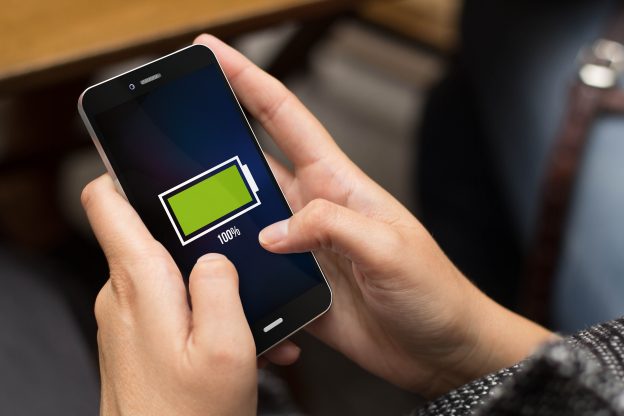
Is it possible for “metal-free” batteries to see the light of day and create a pristine energy storage technology that facilitates easy recycling and generates zero pollution? Following the seawater battery of IBM, US scientists have now developed a non-toxic and degradable eco-friendly battery, which replaces traditional metal electrodes with polypeptide that is commonly seen in skin care products.
Lithium-ion batteries are the leaders in the energy storage ecosystem, and are found in electronics, electric vehicles, and various prominent energy storage systems, though they don’t only introduce a better life, but also create problems such as the disposal after the end of life and environmental pollution that have troubled suppliers and countries, who have been pondering on elevating the recycling efficiency so as to create a circular economy.
So, what prospects does the polypeptide battery, researched and developed by the Texas A&M University, bring to the world? Peptide, a name that is often seen in the ingredient section of skin care products, is formed with amino acid monomers, and a dipeptide is a protein fragment formed with two amino acids and one peptide bond, and so forth. Dipeptide to 20 peptide are considered as oligopeptides, whereas 20 to 50 peptide are categorized as polypeptides, and peptides below decapeptide usually possess additional medicinal values and commercial practicality.
The Texas A&M University created anodes and cathodes using redox polypeptide (electrochemical amino acid active bond), and the research pointed out that the polypeptide electrode maintained stable charging and discharging throughout the entire process, which makes it an excellent active material. Furthermore, the research team also discovered that polypeptide batteries can be naturally degraded, and only creates amino acids and benign degradation products, which can be reused or dissolved without pollution.
Jodie Lutkenhaus, Professor of Chemical Engineering at the Texas A&M University, commented that the largest challenge for lithium-ion batteries right now is that the degree of recycling has yet to satisfy an economy that consists of electrified transportation. The recycling rate for lithium-ion batteries is currently sitting at single digit, and the enormous quantity of high value materials contained within lithium-ion batteries consumes additional energy when recycling. Karen Wooley, Distinguished Professor at the Department of Chemistry, believes that this type of battery, which does not require excavation of precious metals, can provide a new direction for wearable and implantable equipment.
However, the research did not mention the most critical part of batteries, which is the volume of power generation and lifespan, and only claimed that this is a non-toxic battery that is degradable, recyclable, and highly secure. Despite being in the preliminary phase of R&D, scientists believe that this is the first step in marching towards battery sustainability, and machine learning will also be adopted in the future to achieve optimized design.
(Cover photo source: Texas A&M University)






